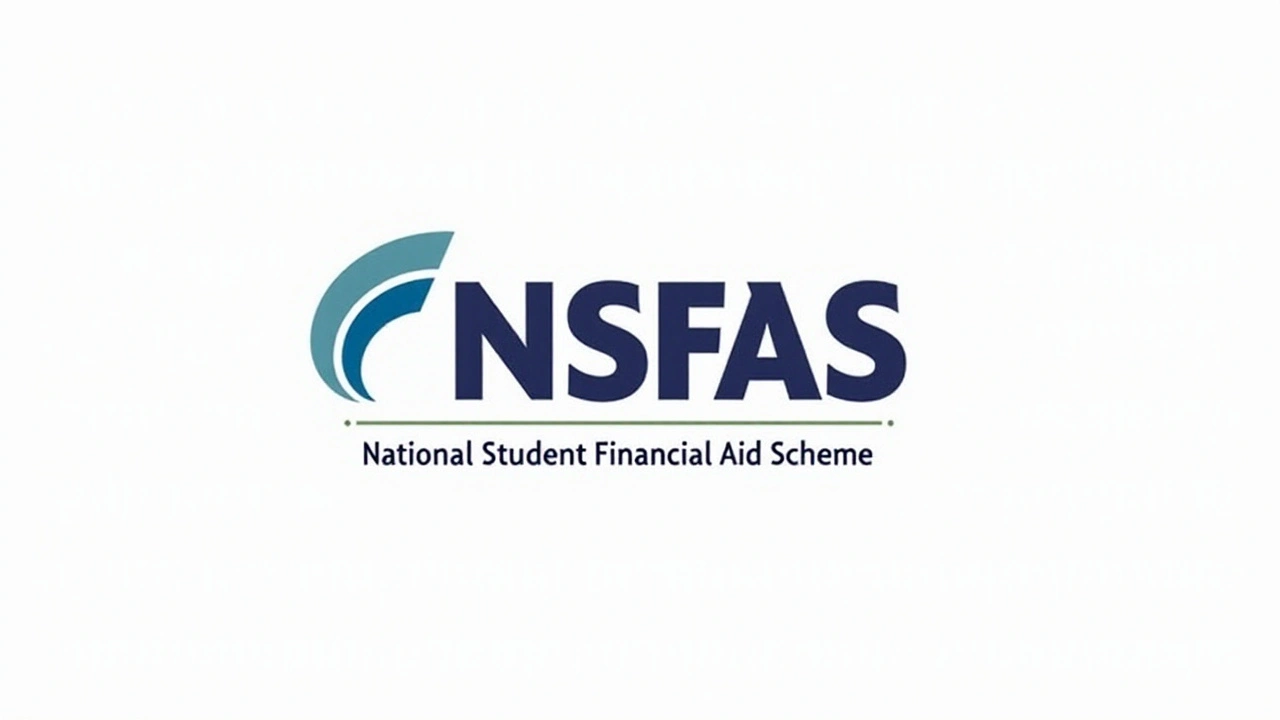NSFAS 2025 Academic Year Applications to Open Following Stakeholder Consultations
17 Sep, 2024The National Student Financial Aid Scheme (NSFAS) has made an important announcement for students aspiring to pursue higher education in South Africa. The application process for the 2025 academic year is set to commence on 20 September 2024. The initiation date was initially intended to be earlier but was postponed to accommodate ongoing stakeholder engagements that concluded this past Sunday, 15 September 2024.
The delay is regarded as a strategic move to ensure comprehensive preparations are in place before the application period kicks off. According to NSFAS representatives, these stakeholder meetings were essential in ironing out key operational aspects and ensuring that the aid scheme runs smoothly. The engagements involved numerous key players, including higher education institutions, government bodies, and student representative entities. The purpose of these discussions was to address any oversights and ensure that the application procedure is as effective and equitable as possible.
NSFAS has been a cornerstone for many students in South Africa, enabling them to access tertiary education without the burden of financial constraints. This initiative has consistently worked towards levelling the playing field, allowing underprivileged students to obtain degrees and diplomas that can significantly enhance their future prospects. The adjustments made in the 2025 application timeframe reflect the scheme's commitment to executing an optimal and all-encompassing process.
The Importance of Stakeholder Engagements
Why Stakeholder Meetings are Crucial
Stakeholder engagements are a critical aspect of the NSFAS's operational procedures. These gatherings ensure that all parties involved in the financial aid process are on the same page, thus facilitating easier implementation of the scheme's goals. The recent meetings were geared towards refining logistical and administrative details to prevent hitches once the application window opens. This collaborative effort sees input from educational institutions, financial experts, and student advocacy groups, making the application process more refined and user-friendly.
By conducting these meetings, NSFAS aims to address possible areas of confusion and streamline its interactions with applicants. Foreseeing challenges and addressing them pre-emptively means fewer complications during the application period, which typically sees a high volume of submissions. This year, the engagements focused on improving the online application system, transparency in fund allocation, and ways to expedite the verification process for students' documents.
What Was Discussed
Several key topics were on the agenda during these stakeholder consultations. Representatives from various universities and colleges stressed the need for a more intuitive and user-friendly application platform. They highlighted issues faced by both rural and urban students regarding internet accessibility and the necessity for a robust support system. This feedback is invaluable to the NSFAS as it provides a clear direction for future improvements and innovations in the application process.
Another vital point of discussion centred around the fund allocation methods. Transparency in this area is crucial to maintain the trust of both students and educational institutions. Revisions in this aspect aim to make the funding mechanism more straightforward, ensuring that deserving students receive aid without unnecessary delays. Additional focus was placed on the verification process for applicants' documents, another critical step in approving financial aid. Speeding this up can significantly reduce the waiting time for students.
Benefits of the New Application Start Date
Time for Comprehensive Preparation
The postponement to 20 September 2024 is seen as a positive shift aimed at ensuring everything is in place before students begin their applications. This extra time allows for comprehensive preparation from all involved parties. Higher education institutions will be better equipped to guide their students through the process, while the NSFAS will have additional time to troubleshoot and enhance their online platforms for application submissions.
The delay also offers students more time to gather required documents and prepare for the application process. This is particularly beneficial for students from remote areas who might have limited access to necessary resources. By having an extended period before the application opens, these students are less likely to be excluded from applying due to logistical constraints.
Moreover, this decision underscores the NSFAS's commitment to improving the application experience. Instead of rushing into the process, the additional time will likely result in fewer technical difficulties and a more streamlined system overall. This proactive approach can significantly impact the success rate of timely application submissions, allowing more students to secure the financial aid they need without unnecessary stress or frustration.
Application Process: What to Expect
Streamlined Online Platform
For the upcoming academic year, students can expect a more streamlined and efficient online application platform. NSFAS has taken heed of the feedback from the recent stakeholder meetings, implementing necessary upgrades to the interface. The new platform aims to be more user-friendly, easing the navigation process for applicants who might not be tech-savvy. This change is crucial in ensuring that all students, regardless of their digital literacy level, can successfully complete their applications.
The platform will feature tutorials and step-by-step guides to assist students in filling out their applications correctly. Additionally, a dedicated support team will be available to address any technical issues or queries that may arise during the process. These enhancements are set to reduce the number of incomplete or incorrect submissions, resulting in a smoother and faster processing time.
Verification and Approval
One of the perennial challenges in the application process has been the verification and approval of submitted documents. For the 2025 academic year, NSFAS has devised methods to expedite this process. In line with the feedback from stakeholder engagements, the verification system will be automated to a large extent. This automation is expected to reduce the time needed to review each application, thereby enabling quicker approval and fund allocation.
Students are encouraged to prepare their documentation well in advance to avoid any last-minute hitches. This preparation includes ensuring that all details are accurate and up-to-date, significantly improving the chances of a smooth verification process. With these improvements, students can expect a more responsive and efficient system, reducing the anxiety often associated with waiting for financial aid approvals.

Conclusion
The National Student Financial Aid Scheme’s decision to delay the application start date to 20 September 2024 underscores a commitment to thoroughness and efficiency. Through extensive stakeholder engagements, NSFAS aims to iron out any potential issues and introduce an optimized application process. This move is set to benefit both the aid scheme and the student body, ensuring that the 2025 academic year begins on a robust, well-prepared note. Students and educators alike are hopeful that these enhancements will facilitate a smoother, more inclusive experience for all.
As the 20 September date approaches, it is crucial for prospective students to stay informed about any further announcements from NSFAS. Being well-prepared and aware of the improved process will undoubtedly increase the chances of securing the necessary financial aid to support their academic journeys.

 by
by